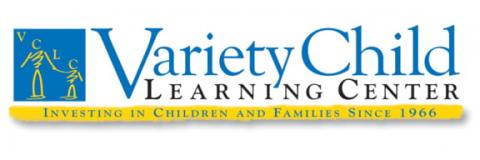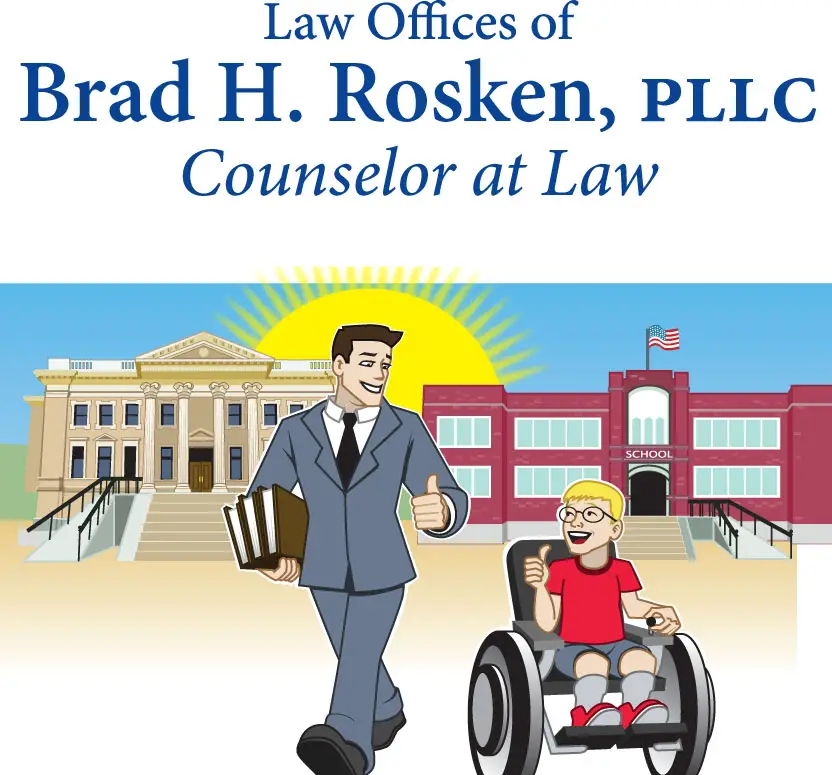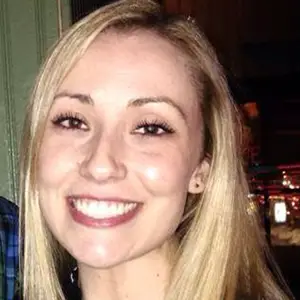More Articles:

At What Age Can Children Legally Sit in the Front Seat?
Before you let your child sit in the front seat of your car after calling "Shotgun," make sure you know how old your child should be before they becom...Latest News:

Live Coronavirus Updates for Parents and Kids in the New York Metro Area
UPDATED DAILY: Live updates on coronavirus developments in the New York metro area, as well as tips for discussing the pandemic with your children, ke...Family Activities:
Have a Laugh:

Best Memes of the Week for Parents
Here are the funniest parenting memes from Instagram, Facebook, and Reddit this week.Featured Listings:

The Vincent Smith School
Port Washington, NY Since 1924, Vincent Smith School has been LI’s premier school for differentiated instruction in grades first-12th for students with learning difficult...

Tutors on Wheels
Our Ivy League tutors pride themselves on offering personalized sessions that are geared towards each student’s individual needs to create an exciting...

Variety Child Learning Center
Syosset, NY Variety Child Learning Center provides services to more than 750 children and families annually. Services include evaluations to determine eligibility...

Law Offices of Brad H. Rosken, PLLC
Melville, New York School districts consult their attorneys, why shouldn’t you? Mr. Rosken is an experienced trial attorney; he is also a parent of a child with special ...


